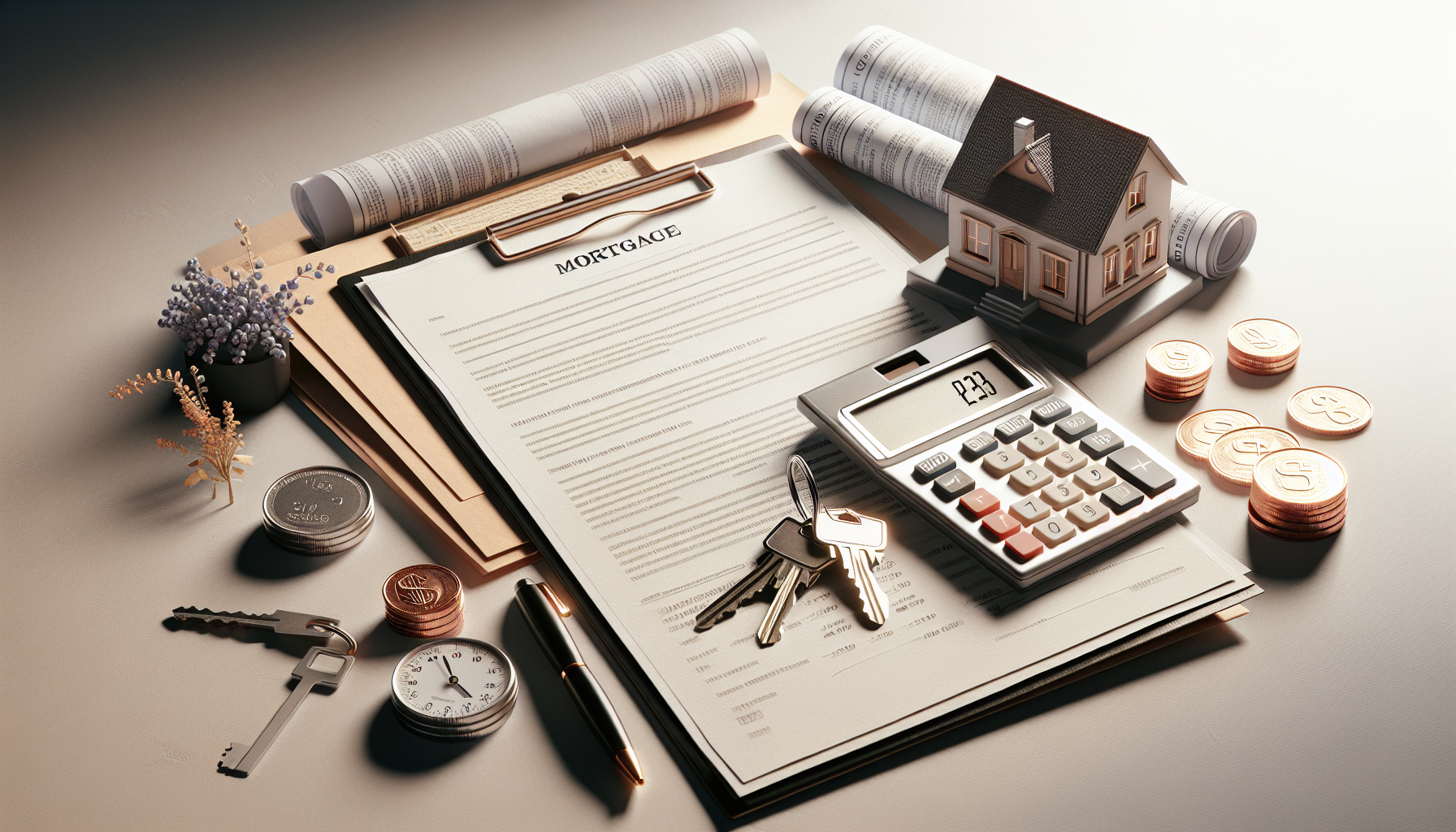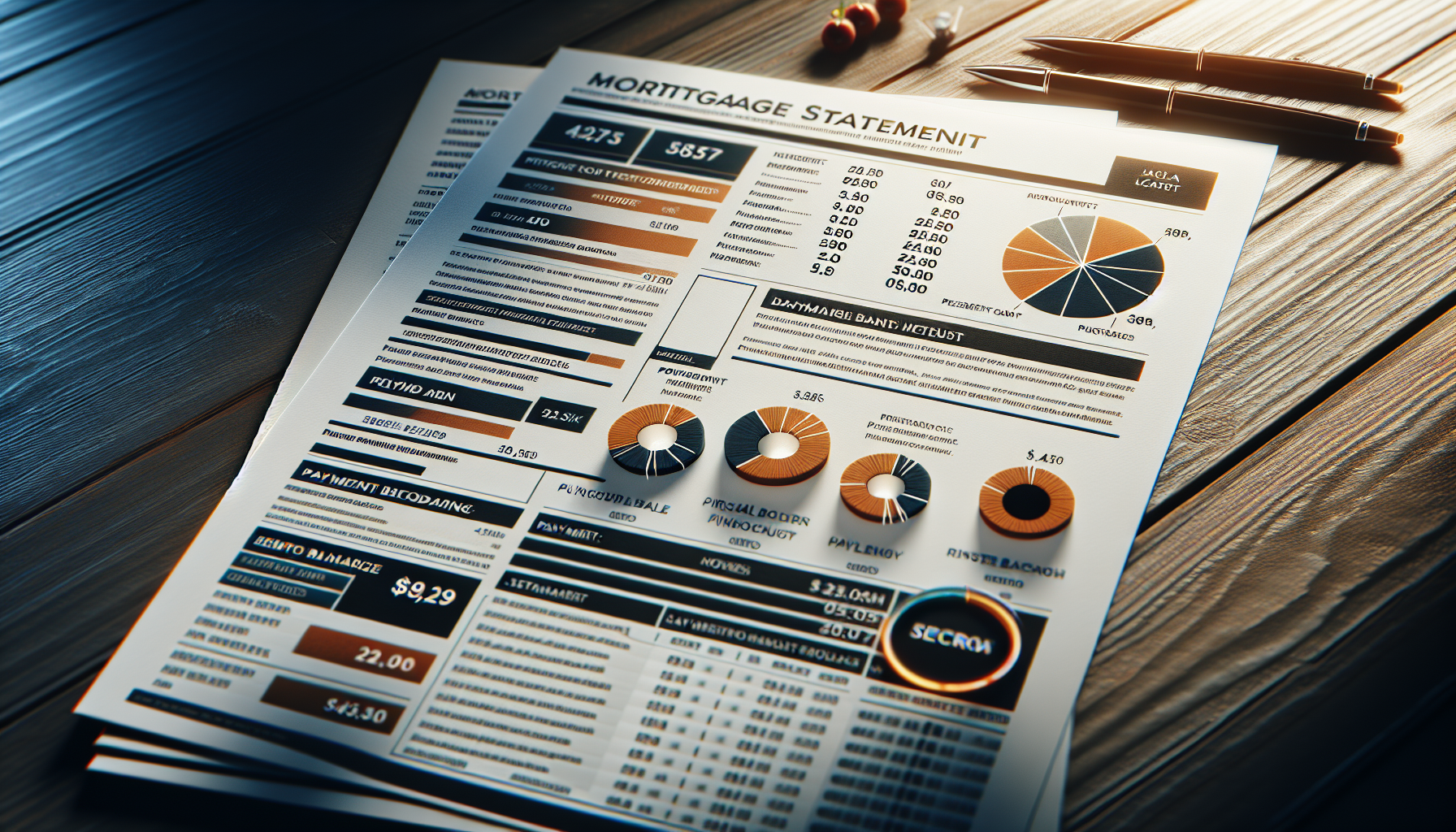The Importance of Creating a Budget Before Taking Out a Mortgage
As a first-time homebuyer, one of the most crucial steps you can take before diving into the process is creating a comprehensive budget. Establishing a well-thought-out budget allows you to confidently choose a home that falls within your financial means, ensuring long-term financial stability and peace of mind.
Understanding Your Financial Situation
To create an accurate budget, start by taking a closer look at your monthly income. Consider your gross income, which is your total earnings before any deductions. This will give you a clear picture of the maximum amount you can allocate towards housing expenses. Next, analyze your spending habits to identify areas where you might be able to cut back and save more for your future home.
| Income Source | Monthly Amount |
|---|---|
| Salary | $5,000 |
| Side Hustle | $1,000 |
| Total Gross Income | $6,000 |
Identifying Fixed and Variable Expenses
Categorize your monthly expenses into fixed and variable costs. Fixed expenses remain relatively constant, such as rent, car payments, and insurance premiums. Variable expenses, on the other hand, fluctuate from month to month and may include dining out, entertainment, and shopping. By distinguishing between these two types of expenses, you can identify areas where you might be able to cut back and allocate more funds towards your future home.
- Fixed Expenses
- Rent
- Car Payment
- Student Loans
- Insurance Premiums
- Variable Expenses
- Groceries
- Dining Out
- Entertainment
- Shopping
Key Factors to Consider When Budgeting for a Mortgage
Determining Your Down Payment
One of the most significant factors to consider when budgeting for a home is your down payment. The amount you can put down will directly impact your loan amount and, consequently, your monthly mortgage payments. A larger down payment may also help you avoid private mortgage insurance (PMI), which is typically required when you put down less than 20% of the home’s purchase price.
The Impact of Credit Score on Interest Rates
Your credit score plays a crucial role in determining the interest rate you’ll qualify for when taking out a mortgage. A higher credit score generally translates to a lower interest rate, which can save you thousands of dollars over the life of your loan. Before applying for a mortgage, take steps to improve your credit score, such as paying down debt, making payments on time, and disputing any errors on your credit report.
| Credit Score Range | Interest Rate |
|---|---|
| 740+ | 3.5% |
| 720-739 | 3.625% |
| 700-719 | 3.75% |
| 680-699 | 3.875% |
Incorporating Additional Homeownership Costs into Your Budget
Accounting for Closing Costs and Upfront Expenses
In addition to your down payment, be sure to budget for closing costs, which typically range from 2% to 5% of the home’s purchase price. These costs may include appraisal fees, title insurance, and homeowners association dues. Don’t forget to factor in moving costs and any necessary repairs or upgrades you plan to make before moving in.
Ongoing Costs of Homeownership
Owning a home comes with a variety of ongoing expenses that should be accounted for in your budget. These include homeowners insurance, property taxes, and regular maintenance costs. As a general rule of thumb, set aside 1% of your home’s purchase price each year for maintenance and repairs.
Other ongoing costs to consider:
- Utilities (electricity, gas, water)
- Internet, cable, and phone services
- Landscaping and yard maintenance
- Pest control
- HVAC maintenance
Strategies for Achieving Homeownership Within Your Budget
Getting Pre-Approved for a Mortgage
Before beginning your home search, getting pre-approved for a mortgage is essential. During the pre-approval process, a lender will review your financial information, including your income, assets, and credit score, to determine the maximum loan amount you qualify for. This will help you narrow down your search to homes within your budget, saving you time and effort in the long run.
Improving Your Debt-to-Income Ratio
Your debt-to-income ratio (DTI) is another important factor lenders consider when evaluating your mortgage application. To improve your DTI, focus on paying down existing debt and avoiding taking on new debt while you’re in the process of buying a home. Lowering your monthly expenses and increasing your income can also help improve your DTI.
Exploring First-Time Homebuyer Programs and Assistance
Take advantage of first-time homebuyer programs and assistance offered by your state, local government, or non-profit organizations. These programs may provide down payment assistance, grants, or low-interest loans to help make homeownership more affordable. Contact your local housing authority or a HUD-approved housing counseling agency to learn more about the programs available in your area.
In conclusion, creating a comprehensive budget before taking out a mortgage is essential for first-time homebuyers. By understanding your financial situation, considering key factors like down payment and credit score, and accounting for additional homeownership costs, you can develop a realistic budget that sets you up for long-term success as a homeowner. With careful planning and the right strategies, achieving the dream of homeownership within your budget is well within reach.
See also:
- What Income Do You Need for a $800,000 Mortgage | Explained
- What Impact Might an Economic Downturn Have on a Borrower’s Fixed-Rate Mortgage?
- For which buyer would a lender most likely approve a $200,000 mortgage? – Guide
- What is a Lifetime Mortgage? How It Works
- Understanding the Components of a Monthly Mortgage Payment








Leave a Reply